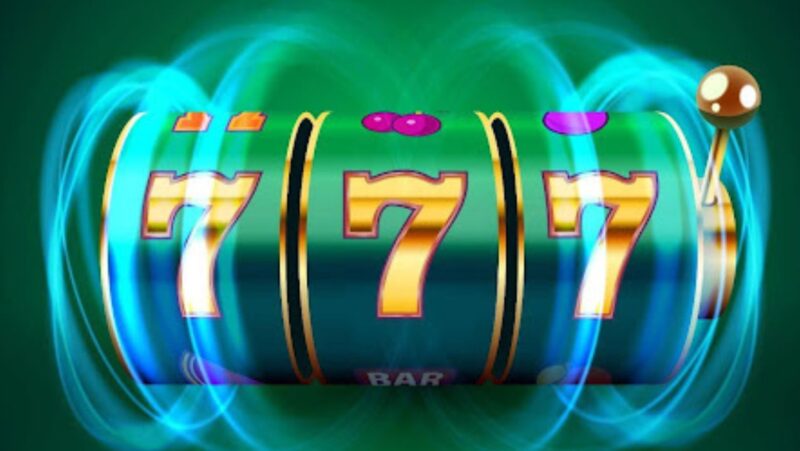
Since its release in early May of this year, Cultist Simulator (CS) has acquired something of a cult following thanks to the game’s simple yet compelling premise: you are an occult scholar trying to become a god. The game is played as a sort of interactive fiction, with the player managing various aspects of their character such as work, relationships, and occult abilities as they explore their own unique story. As you might expect from the makers of Sunless Sea and Fallen London , there is no canonical way to win at CS.
Although the game states that there are 8 endings, the availability of these endings actually depends on an unknown variable i.e. reaching certain conditions for one ending might block off other endings. For example, I was once blocked from progressing further in my quest to become a god because I lacked Clues to progress down the path to immortality, and the only way to get clues was to… find them in museums or at book fairs. However, I had already maxed out my occult skill and could not go to these places for fear of getting caught by the police; I had no choice but to start a new game if I wanted the gold ending (become a god).
Cultist simulator how to get dread
While in most games I would simply reload a previous save or quit and start a new game, in CS it’s different for two very good reasons: firstly you will need to repeat the same actions over and over again just to get enough resources (be it savings or occult knowledge) to keep going; secondly, every time you die it’s game over and you start from the beginning; it’s not like in Sunless Sea where you keep your skills and resources upon your inevitable demise. Thus, I was extremely frustrated by this road block for a while, but eventually I accepted my fate and continued on down other paths.
What Is A Cultist Simulator?
Cultist Simulator cult sim how to get dread
In a way, this is what makes CS feel unique among other games: not only do you need to balance your character’s Health, Funds and Time (i.e. their lifeline) as you would in any other game, but also two additional resources called Clues and Ambition. Yes, the title of this article is a giveaway: apart from being a cultist simulator, CS is also a MUD-like .
MUD stands for multi-user dungeon and it’s a genre in which you play as one or more characters exploring their way through dungeons or towns while interacting with other players. In most MUDs, the player’s actions are in real-time and not turn-based. CS has both aspects in common with MUDs: the game world is persistent in that it’s always online so players can come in whenever they want to take their turns; on the other hand, turns are still played out sequentially because there is a chance of a player’s action affecting an opponent, just like a normal text MUD.
An example of a MUD interface
Cultist Simulator at its core is effectively a combination of a roguelike and a text-based adventure game, with some Lovecraftian horror elements mixed in for good measure. Although at first glance the gameplay might seem overly simplistic, you will quickly discover that it’s merely a facade hiding the complexity of the game underneath.
Conclusion
Cultist Simulator is what you get if you took the setting and game mechanics of Sunless Sea, mixed in some ideas from Fallen London, turned it all up to 11 and added a dash of challenge. The game is extremely unforgiving due to permadeath but also fair in that I never felt cheated by the game’s mechanics. Kudos for the devs who did an amazing job in bringing this game to life.



